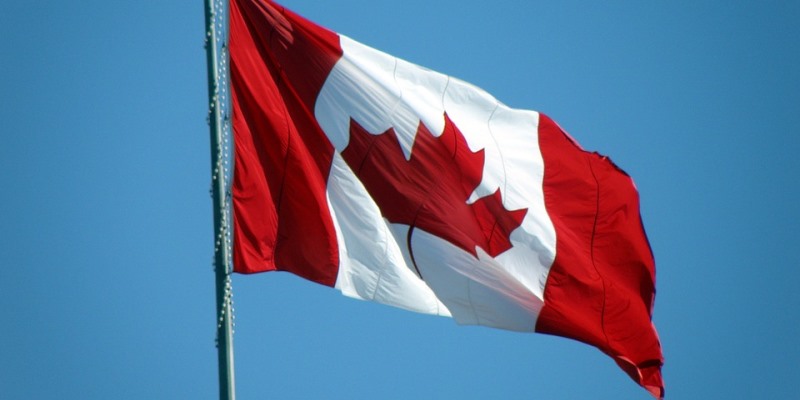COVID underscores problems with government intervention

Some economists justify government intervention by citing “market failure”—that is, the failure of the free market and price system to allocate resources efficiently. In other words, under certain conditions, the market is unable to capture the true value of transactions and therefore too little or too much of a good is provided. So these economists want the government to “correct” the market failure with taxes, subsidies and/or regulation.
However, there can also be government failure. That is, government decisions can also result in inefficiencies or mistakes that have real effects. With the COVID pandemic, we’ve seen government failures across Canada.
For example, in the years before the pandemic, the federal government seemingly (and quietly) deactivated its pandemic early warning system, failed to maintain stockpiles of personal protective equipment (e.g. masks), and once the pandemic began often moved slowly to deal with its impact. While there was a massive fiscal response, producing a projected $343 billion federal budget deficit, this is really a fiscal atonement for the sin of being caught with your pants down. And remember, the “government” doesn’t pay for it, taxpayers do.
Then there’s the provinces who—given that health care is a provincial responsibility—allowed their long-term care sectors to become fertile fields of death for so many seniors.
Of course, we don’t need a pandemic to witness government failure. Our municipalities frequently make decisions or choose spending priorities that ultimately lead to deterioration of roads, sewers and other municipal infrastructure. Sometimes, municipalities make decisions to solve one problem on the cheap while creating bigger problems down the road. For example, in Thunder Bay (where I teach economics), the municipal government put sodium hydroxide in the city’s water to reduce lead levels for a minority of households, which generated a rampant citywide pinhole leak problem that eventually led to a policy reversal.
Again, when markets fail, the stock solution is government involvement. But what to do when government fails? Given that government decisions are made via a political and bureaucratic process, one expects that ultimate redress is through political accountability in parliaments, legislatures and municipal councils. Yet we have witnessed the erosion of political accountability in Canada over the years, with the pandemic providing the opportunity for further erosion.
Rather than debates in parliaments and legislatures, we now have one-hour daily briefings and pronouncements from the mount at all levels. As the pandemic continues, those pesky constituents can be avoided because meeting with them is “not safe.” You can email or phone your MP, MPP or municipal councillor but they are often “overwhelmed” and responses are invariably slow. Indeed, COVID precautions have reduced the direct accountability of politicians and policymakers, and increased their ability to be more selective in dealing with their constituents. In some cases, this isolationism has reinforced a sense of entitlement for those in government and fuelled their belief that rules are for the masses but not for them (see federal Health Minister Patty Hajdu’s flights during Easter and the Victoria Day long weekend while she warned against “non-essential” travel during the lockdown).
When decentralized markets fail, governments are quick to intervene. However, when governments fail, there’s an even bigger problem—the people who failed are in charge. For accountability’s sake, governments should understand this problem and act accordingly. We seem to have a ways to go on that one.

